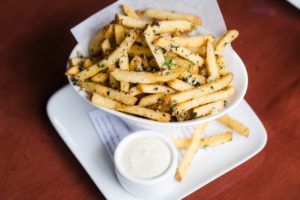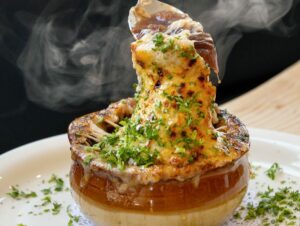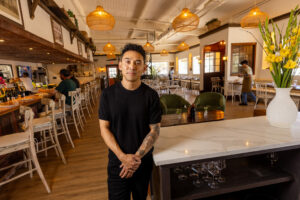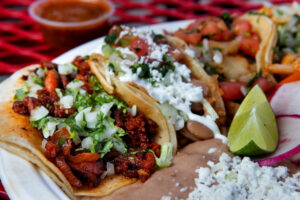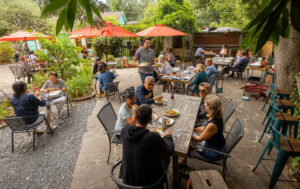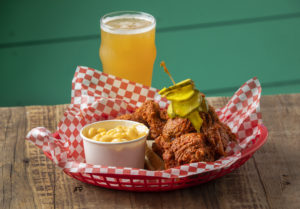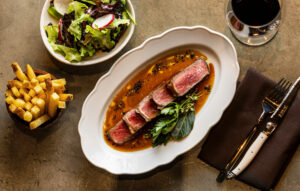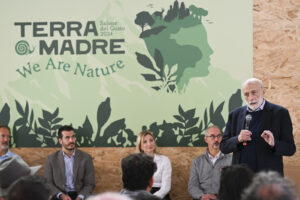
David Arnold can’t just leave things well enough alone. He has to make them better. More bubbly. More, well, gin and tonic-y.
With a carbon dioxide tank, a bottle of gin, and dozens of bags of powdered acids, and lime extract that he’s processed through some sort of jerry-rigged distillation machine, he’s demonstrating to us how to make a better gin and tonic. Okay, maybe not a better one, but a more fizzy, more flavorful, higher alcohol gin and tonic that packs both a flavor and boozy wallop. In initial tests willing subjects often ended up on the floor drunk. But happy.
As director of culinary technology for the French Culinary Institution (basically a license to be a mad scientist of food), Arnold was just one of a dozen or so speakers at the opening day of Taste3 in Napa, a mind-bending conference that brings together the most creative minds in music, food, storytelling, wine, technology and art, it’s a whirlwind of ideas that is meant to make your mind explode.
Sort of like Arnold’s super-charged gin and tonic. (Which by the way, is a throat-burning blast of mouth-puckering citric acid and gin “no ice, no tonic “that will have you on the floor after about four sips.) But it’s pretty perfect for washing down a maple-infused sea salt caramel topped with bacon, the brainchild of Vosges exotic chocolate wunderkind Katrina Markoff.
But that’s a whole other story (coming tomorrow)…
With my brain bursting from schmoozing, chewing, drinking and listening to some of the most amazing minds on the planet, here’s what I know for sure…
– Mushrooms may just save the world. Mycologist Paul Stamets is studying how fungi may treat small pox, breast cancer, HIV and AIDS. And you thought they just tasted good on pizza.
– Soon, your microwave will be able to talk to your IPod, which will play a selection of music to motivate your ass to work off exactly the number of calories in that macaroni you just ate. Isn’t technology wonderful?
– You are hereby allowed to drink a half-bottle of wine a day without guilt. Provided its red, and from the southwest of France. Roger Corder, author of the Wine Diet and professor of experimental therapeutics in London has recently figured out exactly which wines best protect your heart.
– The George Foreman grill is more than just an appliance gathering dust in your cupboard. It’s become the new hotplate for many homeless and low-income cooks who want to cook for themselves, but don’t have access to a real kitchen. Finding hidden kitchens in prisons, homeless shelters and taxi-stands, the Kitchen Sisters are telling the real stories of cooking in America
– And, hey, did you know that there really is a difference between the smell of regular orange and mandarin orange? Or just a few molecules difference between the odor of cassis and raspberry in wines? Alexandre Schmitt is helping winemakers and other nose-needing professional how to use their senses to see the world.
Stay tuned for more tomorrow.


